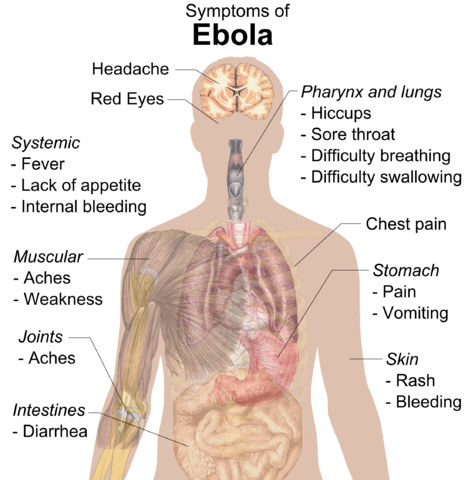Fraser Health officials are confident they'll be able to safely isolate any ebola patient that arrives in the region at Surrey Memorial Hospital and prevent any secondary spread of the disease ravaging West Africa.
Health care workers in the region have already intercepted a number of suspected ebola cases but then ruled them out following secondary screening, said Dr. Elizabeth Brodkin, Fraser's executive medical director for infection prevention and control.
Those patients weren't tested because it was determined from their answers to questions that they had not been to the specific areas where the virus is circulating.
"We obviously had no confirmed cases but we did have a number we had to evaluate," Brodkin said. "Half a dozen perhaps so far. People come back to Canada from Africa every day. So it's really inevitable that we're going to see people who have been to that part of the world who have a fever."
Provincial health officer Dr. Perry Kendall has also predicted B.C. may see a few cases of ebola arrive from Africa, similar to the first confirmed ebola case in the U.S. that was announced Tuesday in Texas.
"Given the size of the outbreak in west Africa and given how easily people travel around the globe, it is certainly possible that we will see a real case at some point," Brodkin added.
"The risk to British Columbians is extremely low. Even if a true case actually arrives I have every confidence that that case will be quickly isolated and managed in a way that means there would be no secondary spread or outbreak in British Columbia."
All patients who arrive at Fraser hospital emergency departments with a fever are being asked about their travel history and they're taken to isolation areas for further secondary questioning if they indicate they've been in west Africa in the last 21 days – ebola's incubation period.
The virus can only be spread through direct contact with bodily fluids of a patient who has symptoms.
Asked why Surrey Memorial was chosen as the potential regional ebola containment site, Brodkin said the new critical care tower there has state-of-the-art infection control.
"We can safely isolate any patient in a room in that tower and be able to provide care to them while at the same time protecting the health care workers who are looking after them and other patients who may be on the unit or in the tower."
She said the ability to quickly diagnose cases and, in particular, to safely isolate them is what is missing in Africa, fueling the ebola outbreak there.
The deadly virus has killed more than 3,200 people in West Africa – close to half of those who contract it.
